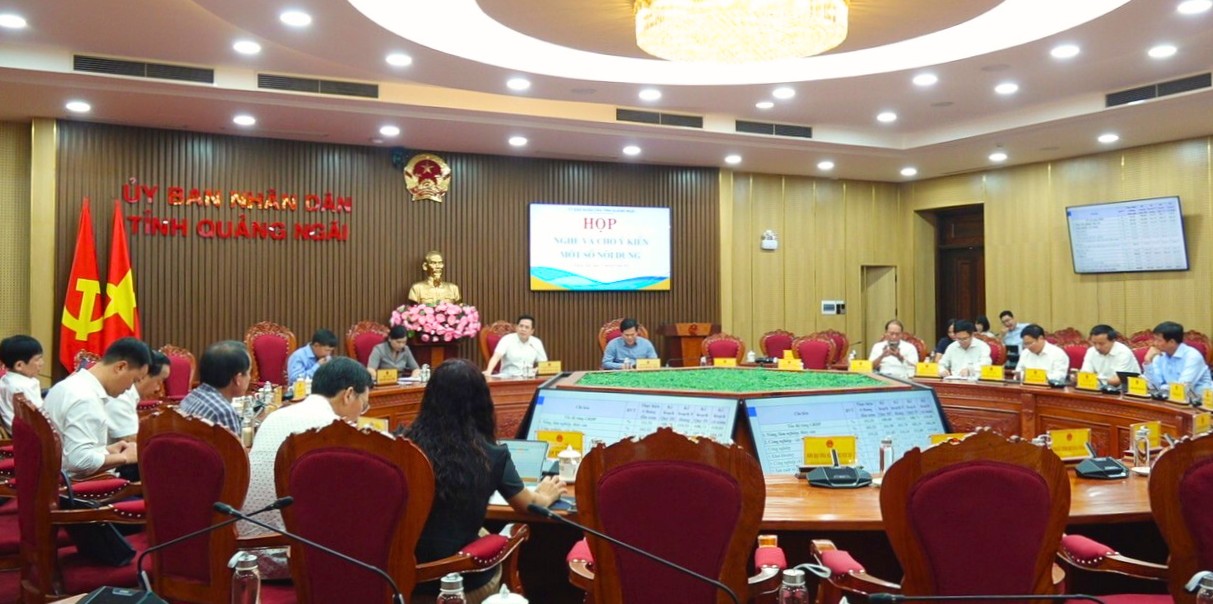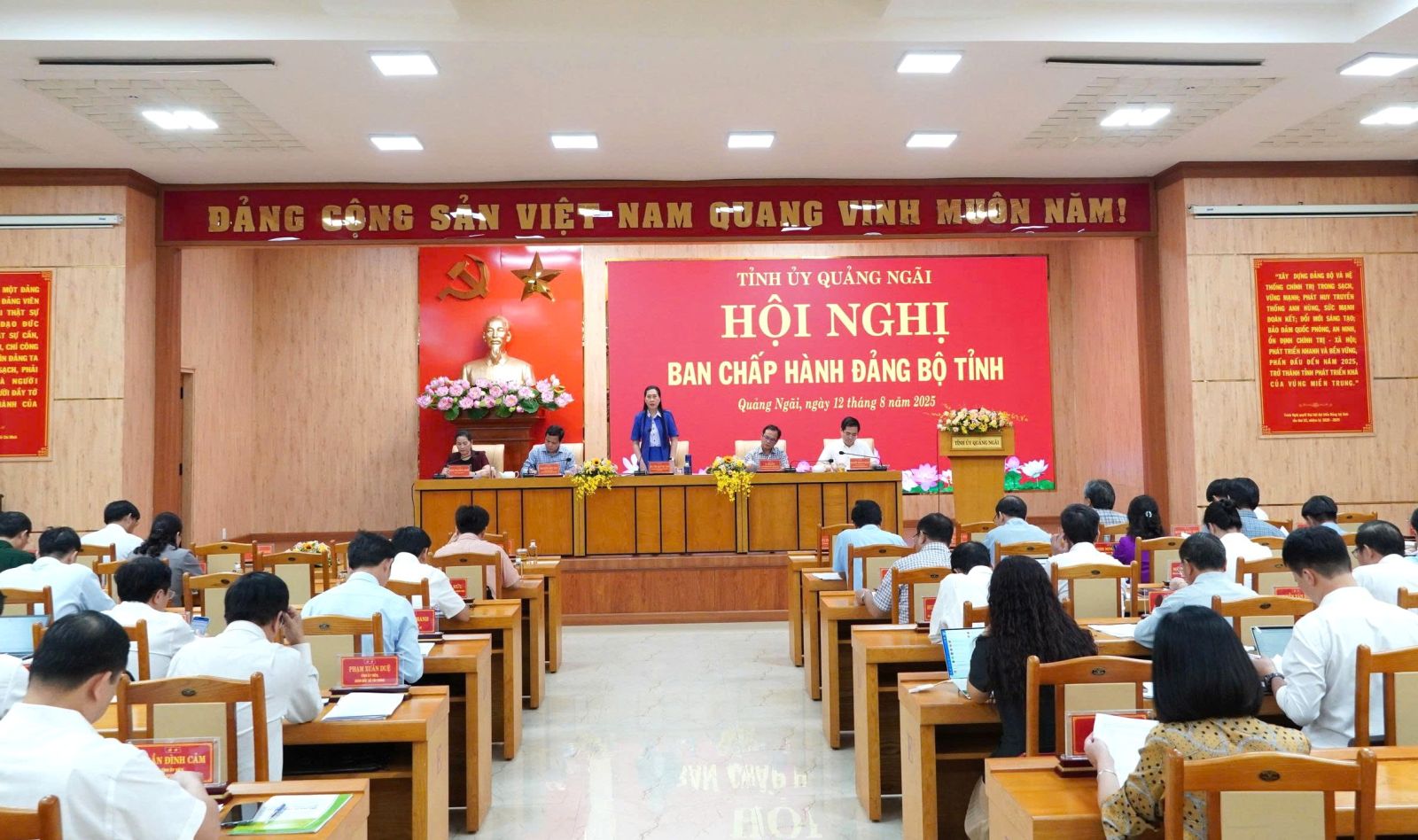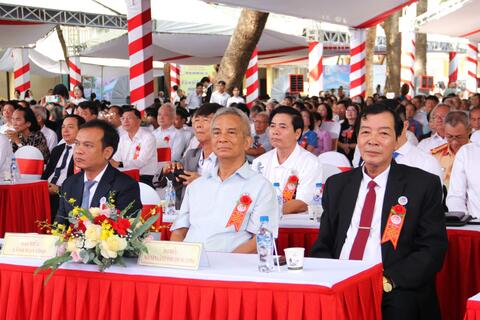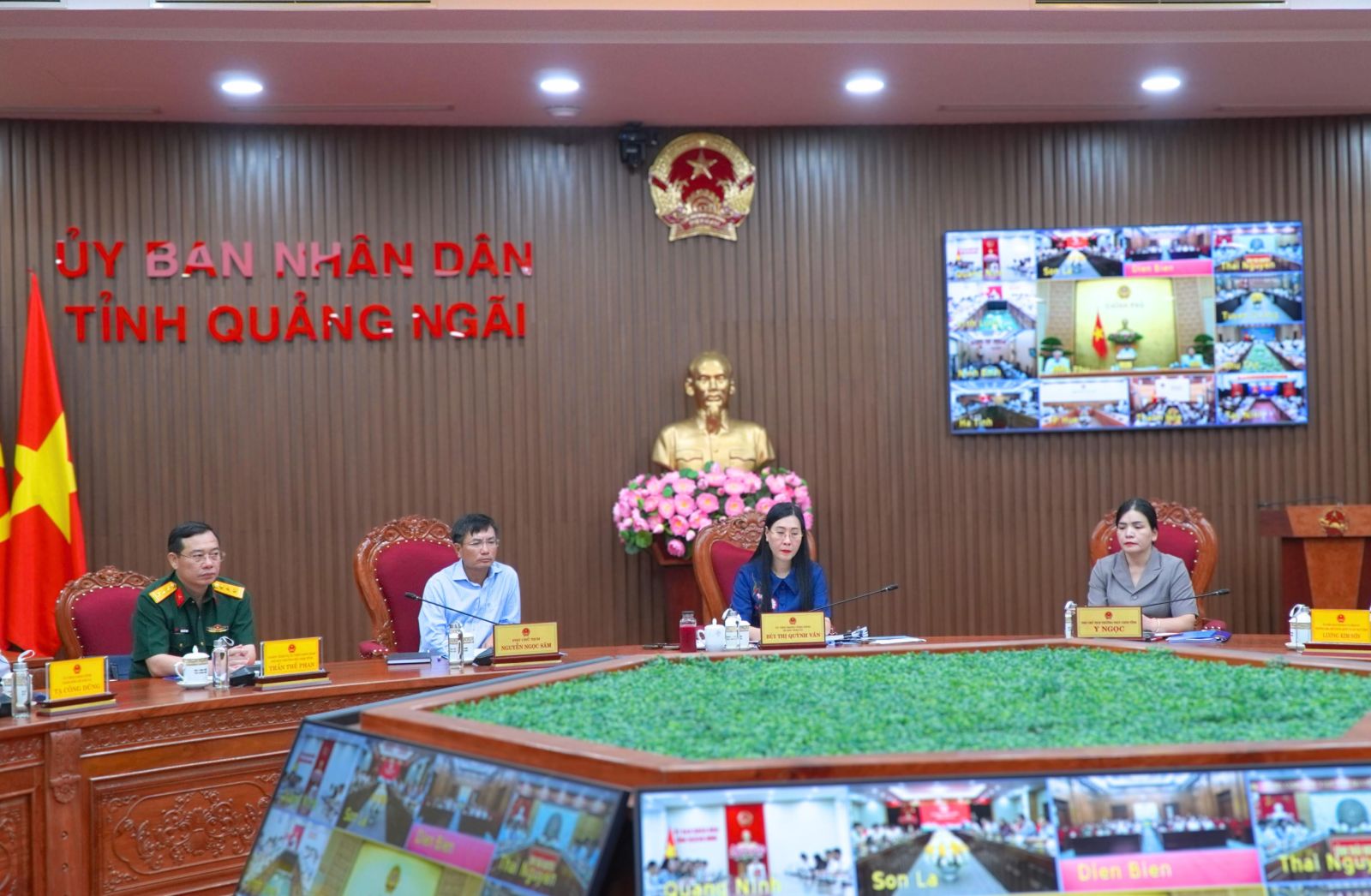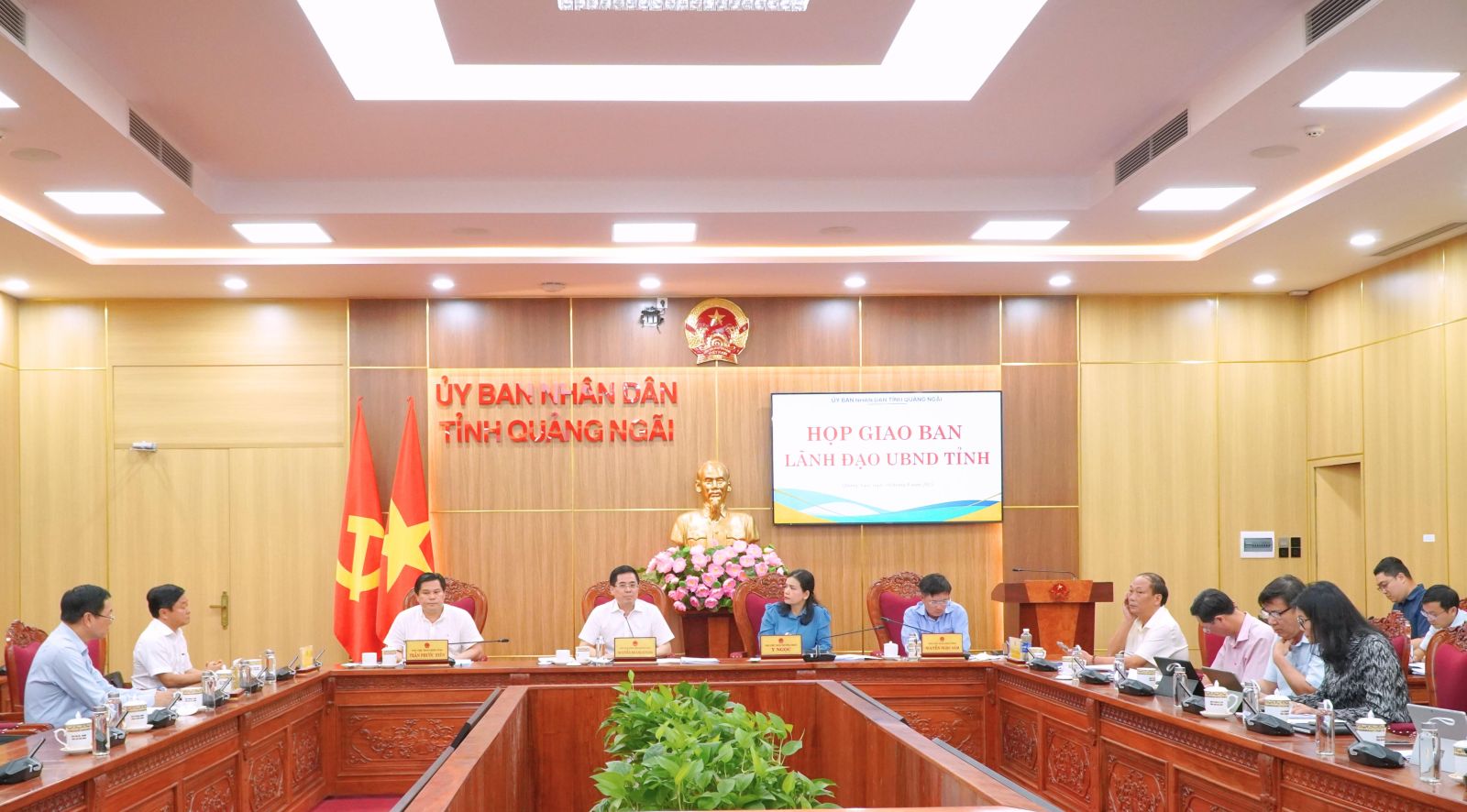.jpg)
Prime Minister Phạm Minh Chính on August 13 chaired a national conference to review the National Target Program (NTP) on socio-economic development in ethnic minority and mountainous areas for the 2021–2025 period and set directions for 2026–2030. The hybrid event was connected to 34 provinces and cities.
In Quảng Ngãi, Provincial Party Secretary Bùi Thị Quỳnh Vân and Chairman of the Provincial People’s Committee Nguyễn Hoàng Giang co-chaired the local meeting.
Việt Nam is home to 53 ethnic minority groups with over 14.4 million people, living across about three-quarters of the country’s land area.
After recent administrative adjustments, there are 1,516 ethnic minority and mountainous communes in 32 provinces.
This region holds strategic importance and abundant potential in agriculture, forestry, minerals, hydropower, eco-tourism, and border trade, but still faces challenges such as poor infrastructure, high poverty rates, and limited access to healthcare, education, and cultural services.
Approved by the National Assembly, the program’s first phase (2021–2025) has a budget of over VNĐ 137 trillion, implementing 10 projects focusing on housing, farmland, drinking water, resettlement, sustainable production, essential infrastructure, better education and healthcare, cultural preservation, gender equality, and support for extremely small ethnic groups.
Over five years, the program has achieved notable results: housing support for more than 42,500 households, farmland for 13,387 households, vocational transition assistance for nearly 55,000 households, and clean water for nearly 480,000 households.
Infrastructure has been upgraded with over 8,600 km of rural roads, 442 electricity projects, 183 upgraded commune health stations, and hundreds of new schools and community centers.
More than 115,000 workers received vocational training, and cultural projects have preserved dozens of traditional villages, festivals, and heritage sites.
Six target groups met or exceeded planned goals, including a poverty reduction rate in ethnic minority areas averaging 3.4 per cent per year—above target—and average per capita income reaching VNĐ 43.4 million, 3.1 times higher than in 2020.
However, three targets remain unmet, such as fully upgrading schools, ensuring all households have access to broadcasting, and completely addressing the shortage of housing and farmland.
For 2026–2030, localities are tasked with completing the remaining targets, improving infrastructure, boosting incomes, narrowing the gap with national averages, developing human resources, and enhancing communication and technology use.
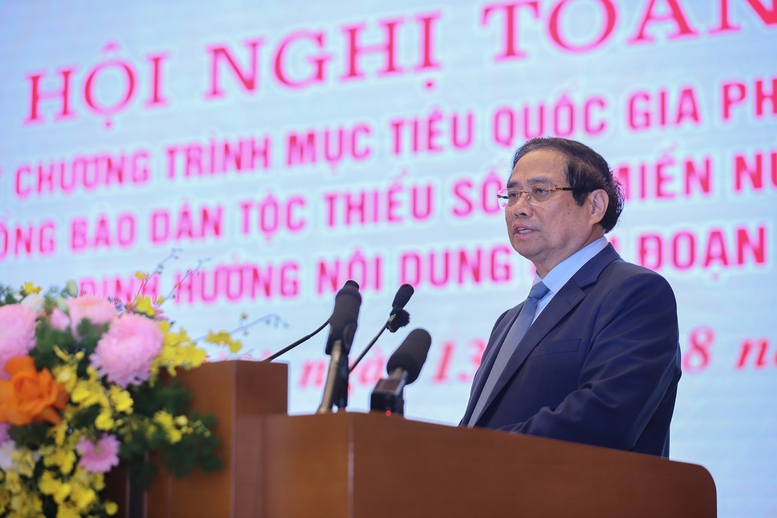
Prime Minister Chính praised the achievements, emphasized the need for stronger political commitment, improved decentralization, targeted funding, human resource development, and focus on vulnerable groups.
He suggested increasing program funding by 10–15 per cent, prioritizing infrastructure such as roads, telecommunications, electricity, and water, and ensuring equal access to healthcare and education.
The Prime Minister reaffirmed the program’s importance as a correct and timely policy reflecting the Party and State’s special care for ethnic minority communities.
He urged ministries, sectors, and localities to overcome obstacles, apply science and technology, protect the environment, and mobilize the participation of businesses, international partners, and society to improve living standards in ethnic minority and mountainous areas.
M.H




